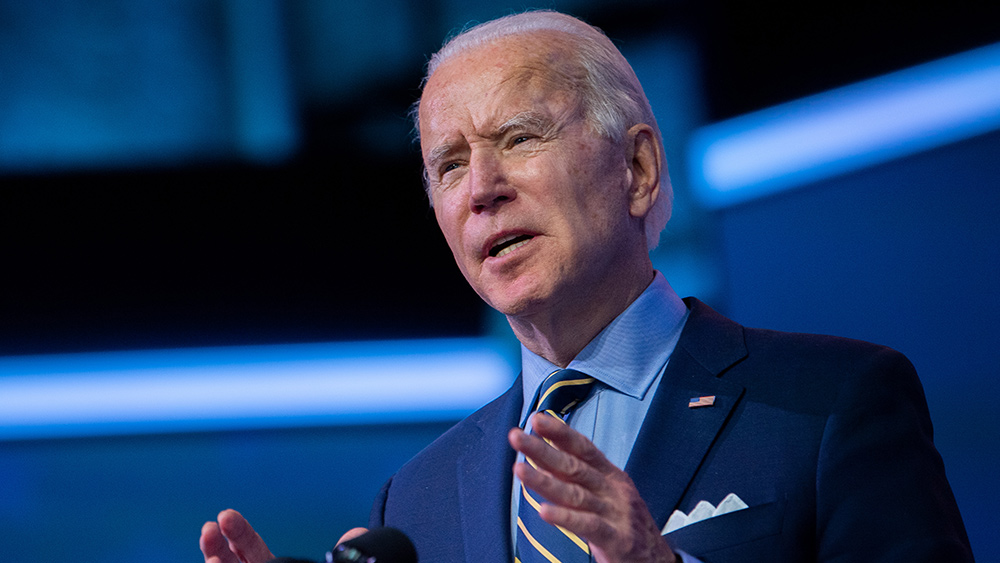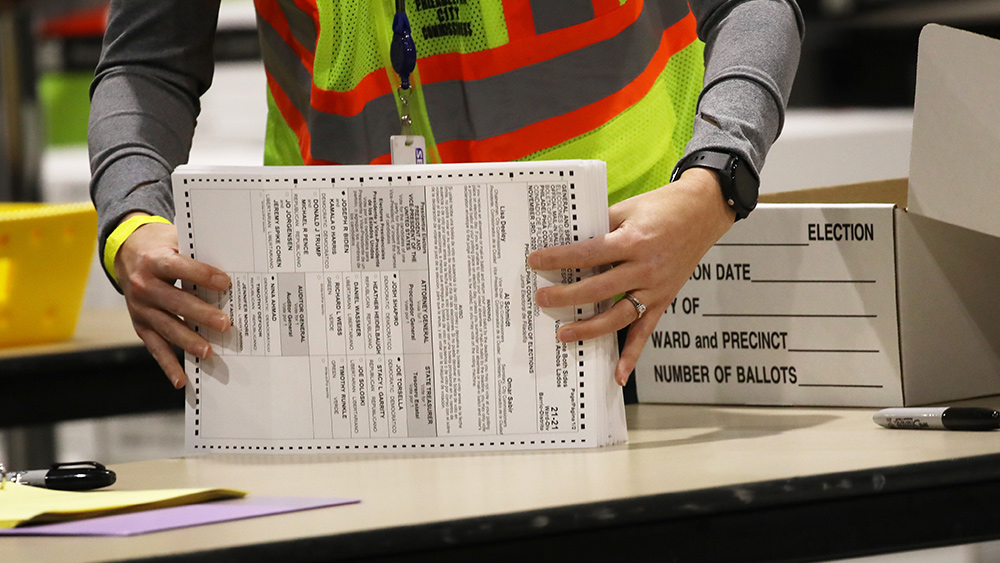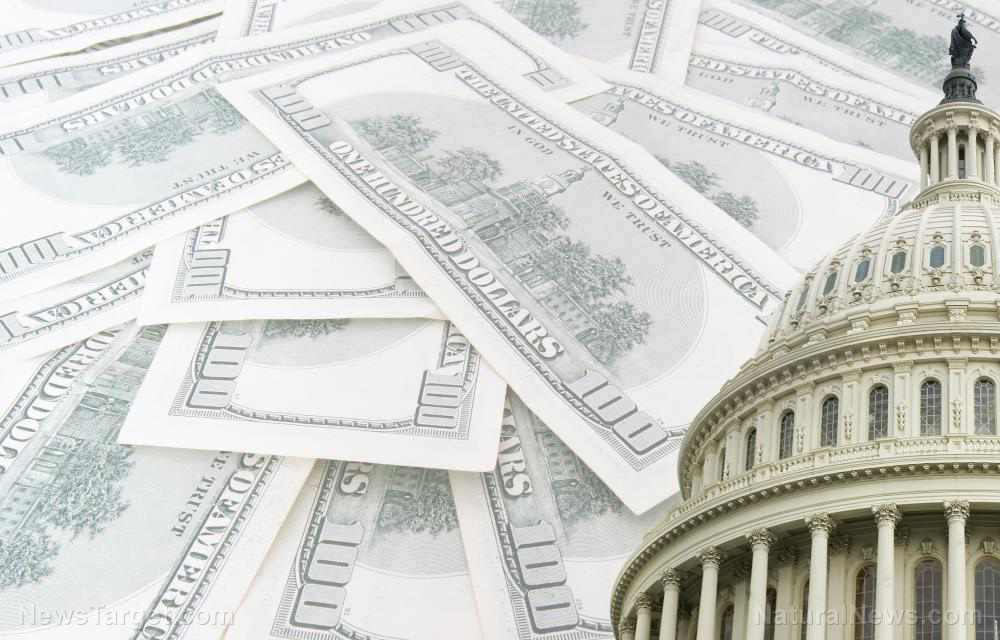Austrians reject digital currencies, demand “right to cash payments”
10/06/2022 / By Mary Villareal

More than half a million Austrians signed a petition calling for a referendum on the government’s decision to enshrine their right to unlimited cash payments.
Austria, a country of 8.9 million, showed massive support for the right to pay with cash, demonstrating the growing movement against digital currencies that have been promoted by central banks and institutions such as the World Economic Forum (WEF).
The deadline for the submission of petitions regarding proposals for seven national referendums was Monday. The right to cash payments received the most support of seven petitions, with 530,938 signatories.
In Austria, only petitions that receive 100,000 signatures or more can force a debate in parliament on the topic. Given the overwhelming support behind the “right to cash” petition, there could be strong pressure to move forward with securing cash payments in the country.
While many other countries in Europe succumbed to the trend toward a cashless society, Austria still conducts most of its transactions in cash, far above the European average of 30 percent. Germans are also against using digital currency, with only 9 percent saying they would use mobile payments.
During the pandemic, many Austrians have started shopping online, which means that they are willing to try new things. However, the increasing levels of cybercrime and fraud are driving people towards the security offered by having cash on hand.
This effort to enshrine the right to cash payments in the country’s constitution has already been a topic for several years as the Austrian People’s Party suggested making a constitutional change to protect cash transactions back in 2019.
Austrians may be especially sensitive to the enormous state power that would come with a cashless society — academic author and specialist in economic psychology Erich Kirchler said that World War II still influenced the thinking of Germans and Austrians with regard to giving too much power to the state, believing that the efficiency of state institutions can become dangerous.
Moreover, German-speaking countries place an especially high value on privacy — as cash payments leave a minimal trace, it remains the most secure and private means for transactions.
Other countries like Sweden have laws to ensure that society continues to have access and the ability to make payments in cash. If Austria moves forward to enshrine the right to cash payments in its constitution, it will mark the most dramatic step in Europe with regard to securing cash payments in the future.
Privacy, civil liberties at stake
Privacy and civil rights organizations continue to advocate the right to use cash, arguing that privacy, civil liberties and financial security are at stake.
Abolishing cash would force people to conduct all their transactions digitally, using online payments, credit cards or digital currencies, which are vulnerable to hack attacks and even natural disasters — for instance, if the power grid were to be knocked out.
The Swedish Civil Contingencies Agency, which is part of the Ministry of Justice, also warned in a report that a totally cashless society would make the country extremely vulnerable if it were attacked or exposed to natural disasters.
Estimates also suggest that cash is often used as a “safe haven asset” in both normal times and in times of crisis, both inside and outside the euro area.
Thus, the behavior of many citizens indicates that cash provides them with added value compared with other means of payment or other savings options, which would be negatively affected by the reduced access to cash.
Countries that are concerned about privacy, such as Germany and Austria, find that they do not want to give law enforcement and government authorities a direct window to all their transactions.
Some are also concerned that digital money could be linked to political and social behavior in Western countries in a social credit system that is similar to China. (Related: Global reset fully underway as 90% of central banks push for digital currency that governments can control.)
It can also be tyrannical. For instance, during the “Freedom Convoy” trucker protests against COVID-19 policies in Canada, Justin Trudeau’s left-wing government took the unprecedented step of freezing the bank accounts of protesters, which resulted in more protests from civil liberty groups, saying that the authoritarian action was a flagrant abuse of power.
Many critics also worry that the action could serve as a template deal with protesters and dissent in the future.
If dissidents and government critics cannot keep their money outside their digital space, then there would be no way to hide their finances in case governments, such as what Trudeau did in Canada, take action against them.
Watch the video below for more information about the nightmares connected with smart money and cashless transactions.
This video is from the High Hopes channel on Brighteon.com.
More related stories:
War on Cash: Israel strictly regulates cash payments to curb “financial crimes.”
Digital tyranny: Beware of the government’s push for a digital currency.
Sources include:
Submit a correction >>
Tagged Under:
big government, Cashless society, cashless transactions, computing, conspiracy, data privacy, deception, digital banking, digital currency, enslaved, finance, freedom, Glitch, government control, information technology, money supply, national security, surveillance, war on cash
This article may contain statements that reflect the opinion of the author
RECENT NEWS & ARTICLES
COPYRIGHT © 2017 BIG GOVERNMENT NEWS




















